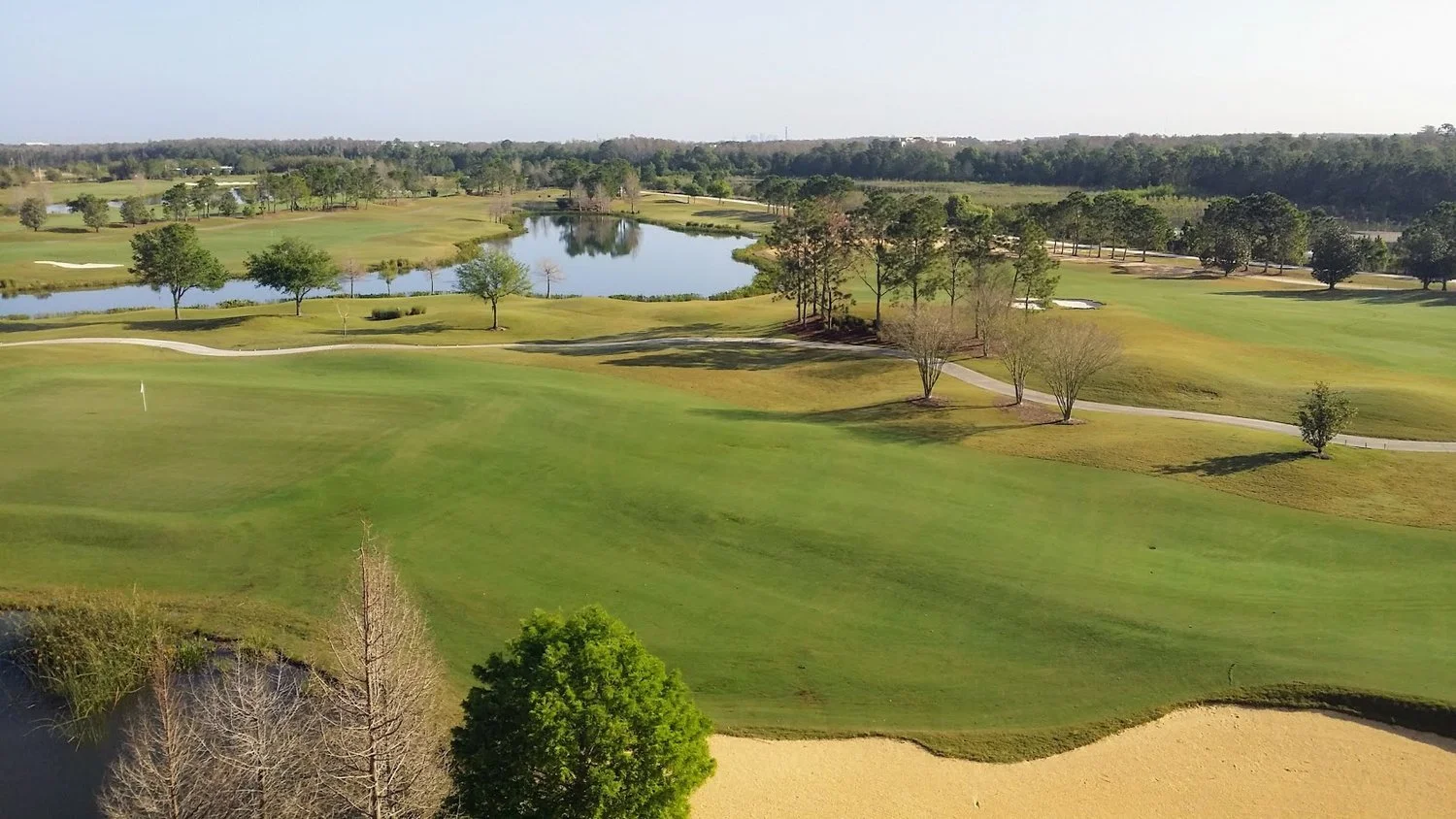
Articles and Case Studies
Subsurface Evaluation Certification are Back!
In order to qualify for an Unregulated Heating Oil Subsurface Evaluator certification, you must submit your results to the NJDEP! Read on to find out other key requirements.
RAO Guidance Document Vers. 3.0
NJDEP approves Response Action Outcome (RAO) Guidance Document Version 3.0
New NJDEP Email for HOTSR
Pursuant to the rule, submittal via the dedicated email address will become mandatory as of January 16, 2022.
Historic Fill
Since historic fill is not federally regulated, the terminology tends to differ between regulatory agencies and has led to some confusion regarding management and remediation. States that have more robust regulations on historic fill include New Jersey, New York and Pennsylvania.
Ecological Evaluation
Ecological evaluations of environmentally sensitive natural resources (ESNRs) at contaminated properties in New Jersey have become an integral part of the process when remediating contaminated sites proposed for redevelopment.
Sandy Aftermath
Hurricane Sandy resulted in approximately 84% of all public assistance funding for New Jersey over the past decade. The storm brought record-setting storm surges, flooding, high winds, and overall destruction to the area. It is estimated that more than 70 billion dollars in damages, claims, repairs, and restoration resulted from the storm.
Arsenic in NJ
Natural mineral deposits, primarily pyrite, in bedrock may cause elevated levels of arsenic in groundwater.
History of Dry Cleaners
Is a laundry facility the same thing as a dry cleaner? Generally speaking, the idea of a laundry facility usually invokes images of soap and detergent; whereas a dry cleaner more reflects a larger scale operations and chemicals. But what is the probability that chemicals commonly associated with dry cleaners- such as TCE and PCE - were used in historical laundry operations? And if they were used, when did it become common practice?












